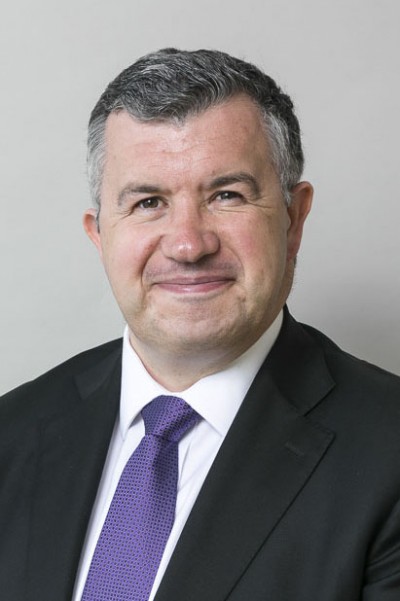Mason Hayes & Curran: Experts doubt Ireland will meet 2030 renewable energy target

William Carmody
Senior business leaders and energy industry experts in Ireland do not believe the State will achieve its renewable energy targets, according to a new survey carried out by Mason Hayes & Curran.
The law firm surveyed nearly 200 delegates at its recent “Economics of Energy” event, and found that a majority (55 per cent) doubt the likelihood of Ireland meeting its target of generating 70 per cent of electricity from renewable sources by 2030.
Only 10 per cent of respondents said Ireland is “very likely” to achieve its targets, with 35 per cent saying it is only “somewhat likely”.
Asked what would be the most effective way for Ireland to ensure security of energy supply for the future, just under 60 per cent cited offshore wind development as the most desirable option, whereas an Ireland-European interconnector is seen to provide the best prospect of energy security by 35 per cent of those surveyed.
The remainder of those surveyed hovered between further oil and gas exploration off our own coasts - as an option to secure Ireland’s energy supply - while just two per cent said they would favour nuclear power.
Will Carmody, co-head of energy at Mason Hayes & Curran, said: “The Government declared a climate and biodiversity emergency in May, signalling its intent to address climate change and related environmental sustainability issues on a more decisive basis. Ireland’s climate action plan envisages having 3,500 MW of offshore wind energy by 2030. However, the right policy and legislative framework needs to exist to incentivise investment and to fast track developments in this area.
“After decades of discussion and debate, we currently only have one offshore windfarm in Ireland on the Arklow Bank. We need to see urgent progression of the proposed maritime planning and development legislation, offshore grid connection policy and clarity on off-shore wind’s place in the Renewable Electricity Support Scheme (RESS) auctions to stimulate this essential channel of energy supply for Ireland.”
Energy partner Eoin Cassidy added: “The issue of security of supply could be exacerbated by Brexit, and any potential risks this might pose to the North-South interconnector project and the efficiency of the all-island integrated single electricity market (I-SEM).
“Eirgrid has carried out feasibility studies for a proposed €1 billion Ireland-France power cable (the Celtic Interconnector) which would be able to carry 750MW of electricity, enough to power 450,000 households. It would provide Ireland’s only direct energy connection to an EU member state once the UK leaves the EU, and would clearly be a very welcome development if it proves economically viable to bring it forward for development.
“In the interim, the progress of the RESS auction process remains critical to ensuring momentum in the development of renewable generation in Ireland. The recent announcement to sector stakeholders that the RESS auction pre-qualification will open in December 2019 is a welcome development.”







